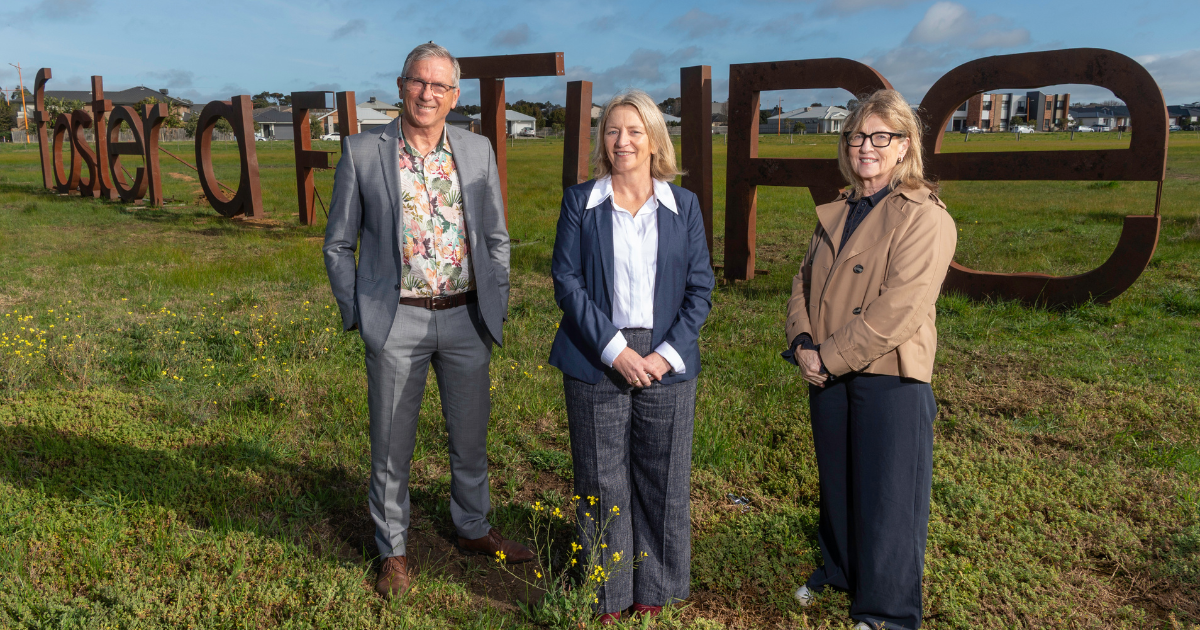Petition launched to protect flying foxes after Cadel Evans race

Local environmentalist and wildlife rescuers are concerned about the impact the Cadel Evans Great Ocean Road Race has had on Geelong's population of grey-headed flying foxes. Photos: ELLIE CLARINGBOLD
LOCAL environmentalists and wildlife rescuers have launched a petition calling for a review of the course travelled by cyclists in the Cadel Evans Great Ocean Road Race, to protect Geelong’s colony of endangered grey-headed flying foxes into the future.
More than 120,000 people attended the five-day cycling festival earlier this month, which featured a revamped course with a new loop around the Geelong Botanic Gardens, passing through Eastern Park where the colony resides.
An extremely vulnerable species, flying foxes face several threats including habitat loss and extreme heat, which the colony experienced during the road race as temperatures rose above 35 degrees.

Disturbances during the day such as loud noises while the nocturnal animals are resting can also have severe impacts.
Wildlife carer and Bats of Geelong founder Leila Merritt said the flying foxes were already showing signs of heat distress and exhaustion when the peloton reached Eastern Park.
She said the cyclists clustered together sounded like a loud rush of flooding water through the park. They were then followed by helicopters, support vehicles and police vehicles.
“The flying foxes just dispersed. When they disperse like that, it’s basically a fright or flight response.
“Prolonged stress on this species actually does cause the colony to collapse, and it causes high mortality, and this can happen for a good few days up to a month after stressful events like this.”
Those that may have been weakened by the experience, she said, would remain at heightened risk, with potential impacts to their ability to forage for food and avoid predators and man-made threats like powerlines.

Although the full impact of the race on the species is hard to measure, Ms Merritt said it was important to avoid similar disturbances to the colony in the future, and described diverting the race through Eastern Park as “irresponsible”.
“It’s too big a race for the colony to be able to deal with it, and for the [City of Greater Geelong’s] environmental team to be able to put things in place to protect them.
“The best way to protect the flying foxes from this race and for most events that might be near the colony is just to avoid the colony completely.”
The City of Greater Geelong and the organisers of the Cadel Evans Great Ocean Road Race have been contacted for comment.
To view the petition, head to bit.ly/4aULuTo

















